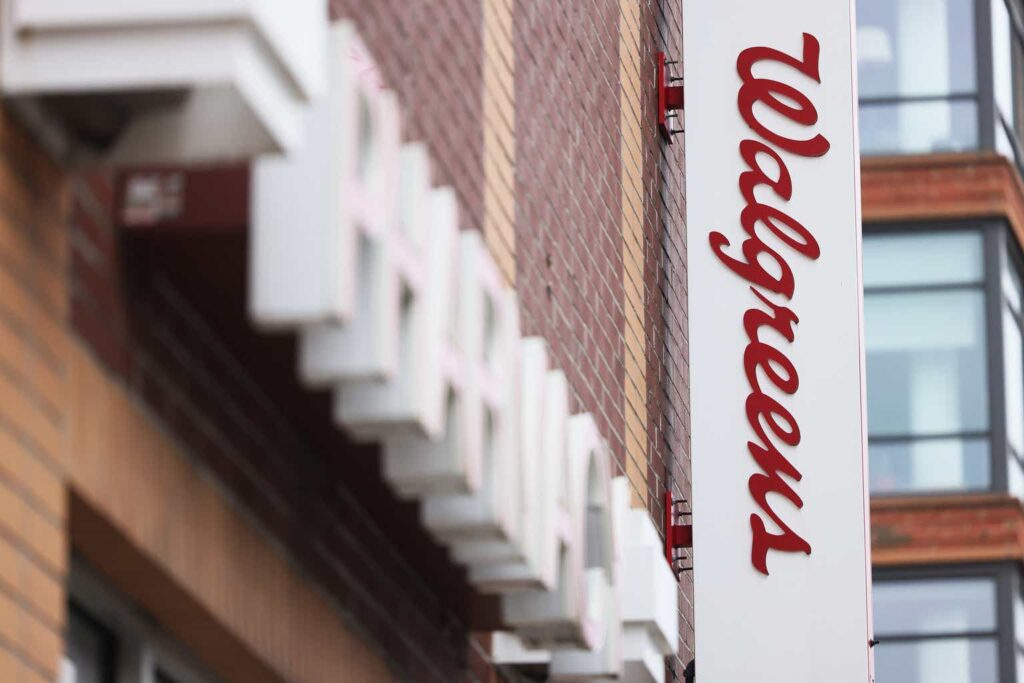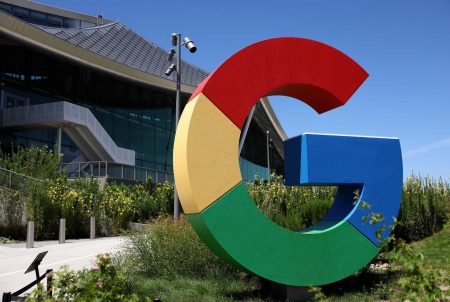Walgreens (NASDAQ:WBA) formerly the premier retail drug store operator from the last 20 years of the 20th century (i.e. 1980s and 1990s) reports their fiscal Q1 ’24 financial results before the opening bell on Thursday, January 4th, 2024.
Analyst consensus is expecting $0.63-0.64 per share in EPS, while revenue and operating income are expected at $34.8 billion and $672 million, respectively.
- Expected yoy EPS growth: -36%
- Expected yoy rev growth: +4%
- Expected yoy op income growth: -34%
The new CEO, Tim Wentworth, has already started replacing key executives, which is a plus, but Thursday’s earnings release and conference call will be his first runway walk in front of the analysts on a conference call, so it’s hard not to think that the Q2 ’24 guidance will be “kitchen-sinked” (worst-case guidance) and fiscal ’24 guidance will be very conservative.
Current fiscal Q2 ’24 (Feb ’24 qtr) expectations as of today:
- Expected yoy EPS: $0.97 for -16% yoy growth;
- Expected yoy operating income: $1.02 bl for -16% yoy growth;
- Expected yoy revenue: $35.8 bl for 3% yoy growth;
Current fiscal ’24 consensus estimates (ends Aug ’24 full-year):
- Expected full-year EPS: $3.33 for -17% yoy decline;
- Expected full-year operating income: $3.4 billion for a -13% decline;
- Expected full-year revenue: $143 billion for yoy growth of +3%
This earnings preview really doesn’t require or warrant a War and Peace write-up, so I’ll do my best to summarize what I think are the problems facing Tim Wentworth and the Walgreens Board:
- While Roz Brewer has and will take a lot of flak for her short CEO tenure and her seemingly lack of any clear direction for Walgreens future, the fact is Stefano Pessina, the European CEO and current executive chairman, is really to blame for this mess, expanding into Europe and Boots Alliance. Since he took over, WBA has been on a downward trajectory;
- Does Walgreens revert back to its US roots and shed the Boots Alliance business, and if they do, what’s that business worth post-Covid? What can WBA get for Boots today?
- The important fact for Walgreens and Tim Wentworth is that WBA is still generating positive revenue growth yoy, but margins and cash flow have been absolutely horrid;
- WBA’s toughest two compares to fiscal ’23 are the first two quarters of fiscal ’24, which are the quarters to be reported tomorrow morning and then February ’24;
- Cash flow and free cash flow (on a trailing-twelve-month (TTM) basis) have dwindled down to $0 (that’s not a typo) after WBA averaged during the decade from 2010 to 2019, $6 to $8 bl in TTM cash flow, and $2-3 billion in free cash flow (also TTM).
- The dividend yield of 7% is a glaring red flag and with the cash flow issues, it’s hard not to think and the Board don’t cut the dividend (at least in half) or eliminate it altogether and try and preserve cash for the retail drug store giant;
- Moody’s has cut the senior unsecured credit rating of WBA to below investment grade (Baa2) while Standard & Poor’s and Fitch still rate Walgreens at the low end of the investment-grade spectrum;
- To show readers how cash flow has impacted WBA’s capital allocation, in the last 17 quarters (almost 5 years) WBA has only repurchased stock one quarter, and that was a one-time $1.9 billion allocation in the Feb ’22 quarter;
- The below investment grade limits WBA’s financing flexibility (obviously) which may force the new CEO to shed assets quickly (maybe not at the best prices) to raise capital and not have to issue debt with the poor credit ratings;
Back in the mid-1990s, I read an article about corporate turnaround and the three essential elements of a turnaround that should be in place, after a new CEO is named, that give that turnaround the probability of some success:
1.) The business model is intact;
2.) Cash flow is still positive (that’s an issue for WBA right now) while revenue is still growing yoy;
3.) The brand is still viable;
You could add a possible 4th element of “capital structure” and the ability to use the balance sheet to finance whatever’s needed to be done by new management, and that’s a little bit of an issue right now for WBA, particularly given cash flow.
By the way, none of this is a comment or reflection on the Walgreens pharmaceutical or store staff. I still use WBA for scrips and annual flu shots, and the pharmacists and staff are wonderful and customer-oriented, and they put in long hours on the job. I still shop in Walgreens stores for convenience items and other items, and the store staff is always helpful.
Summary / conclusion: As an analyst first, and a portfolio manager 2nd, the current position of WBA, trading at 6x-7x EPS for two consecutive expected years (‘fiscal ’23 and ’24) of negative EPS “growth” of -15% to -20%, with no cash flow or free cash flow, a below-investment grade credit rating (split-rated to be fair), and a price-to-sales ratio of below 0.20x, investors should be very afraid. That price-to-sales ratio is reminiscent of Kmart, Sears Holdings, Bed, Bath and Beyond and a few other retail failures, and that’s not a plus.
All this being said, if Tim Wentworth can shed assets at reasonable prices, restore cash flow and free cash flow and stave off the erosion in the retail drug store business (at least partially), it might insure WBA’s next big thing. But it seems like Tim and the Board have to be in a position of a “forced seller” and that’s never good when management is trying to maximize sales value. Buyers have to know WBA will be a forced liquidator (if that’s part of the strategy) so how robust will the bids be, and what value is there to the ancillary parts of WBA’s business?
I’ll be an avid reader of the conference call notes and any research on WBA after Tim’s first take with the sell-side consensus.
It seems like the new CEO and Board have to raise capital in a hurry, and that’s never a good position to be in.
Technically, a trade back below $19-20 on heavy volume, or the late November ’23 low – would be the price level to reconsider a long position. (No positions are presently owned. Recently sold a small position owned after Tim Wentworth was named CEO.)
Turnarounds can work – look at GE (and even GE is a work in progress) – but you’d have to think turnarounds are exceptionally tough in brick-and-mortar retail, as history tells us.
(In June ’23, this blog put a sell on the stock with an earnings preview written for Seeking Alpha here.)
Original Post
Editor’s Note: The summary bullets for this article were chosen by Seeking Alpha editors.
Read the full article here













